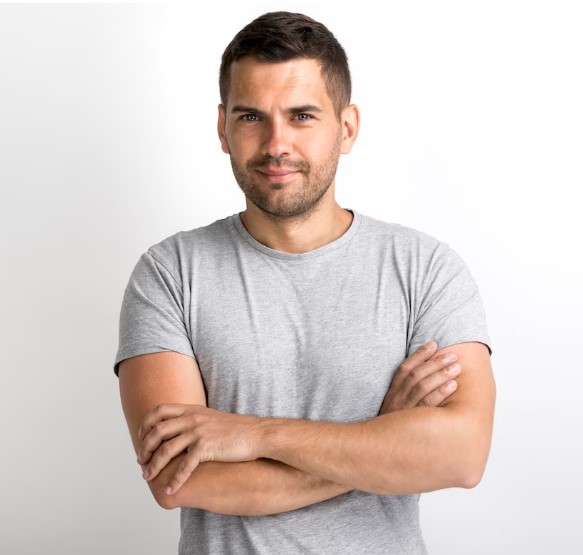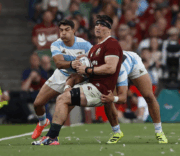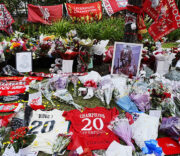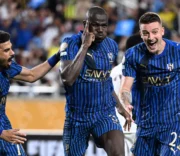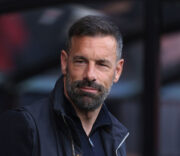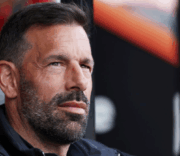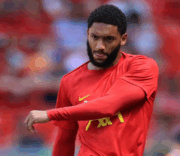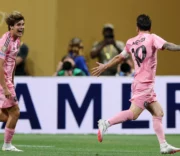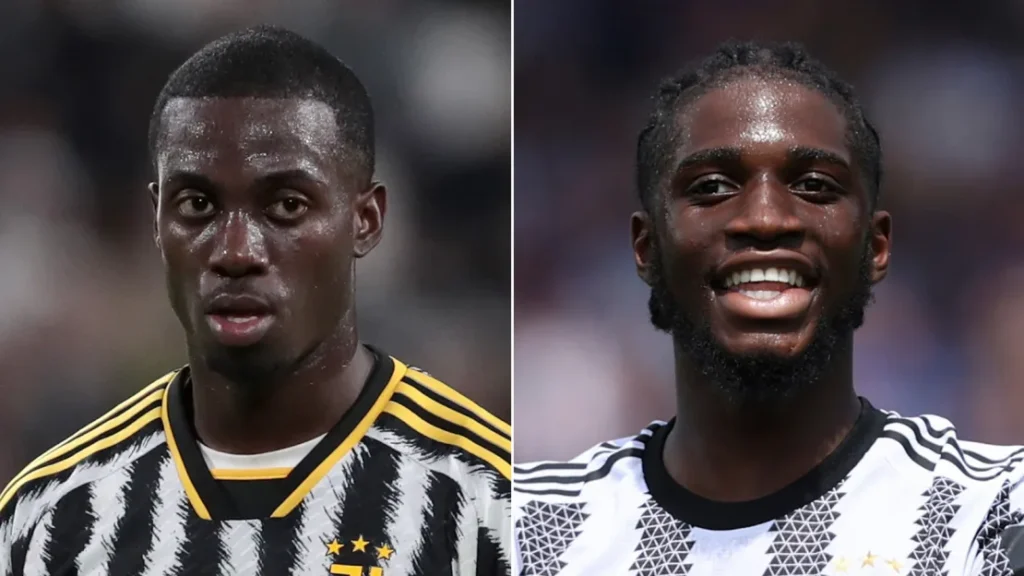
Timothy Weah, a prominent American soccer player, vividly remembers a distressing event from January 2013. During a friendly match, Ghanaian player Kevin-Prince Boateng courageously led his AC Milan teammates off the pitch in response to racial abuse from fans. This incident left a significant mark on Weah, who was only 12 at the time. He realized the deep-seated hatred rooted in racism, and how it can impact players. Weah, now 23, emphasizes the importance of acknowledging such discrimination and the necessity of players standing up against it for their self-respect and dignity.
The Ongoing Battle Against Racial Abuse and Its Effects on Mental Health
The conversation about players walking off the pitch in the face of racial abuse remains relevant. Weah and his Juventus teammate, Samuel Iling-Junior, address how such abuse affects the mental health of young players. Both being among Europe’s most promising talents, they stress the significance of mental health awareness and support within the sport.
Juventus’ Approach to Mental Health: A Progressive Stance
Podcast Discussions: Weah and Iling-Junior shared their insights on Juventus’ “Stories of Strength” podcast. They underscored the importance of open communication about mental health issues.
Support Structures within the Club:
- Club Therapist: Players have access to a professional therapist for support.
- Teammate Support: The players emphasize the value of having teammates as confidants, illustrating the close-knit nature of their team.
Weah, who has a strong familial support system, believes in the power of expressing emotions for mental wellbeing. He acknowledges the need for more dialogue on mental health, particularly in African communities.
Family Influence and Personal Growth
Both Weah and Iling-Junior hail from families that encourage emotional openness. This upbringing played a crucial role in their ability to handle the pressures of professional sports. They both recognize the challenges that come with being away from family, especially when pursuing careers abroad.
The Challenges of Young Soccer Players
- Distance from Family: Moving to different countries for their careers has led to a sense of detachment from family events and milestones.
- Cultural Adaptation: Adjusting to new environments while maintaining a connection to their roots presents its own set of challenges.
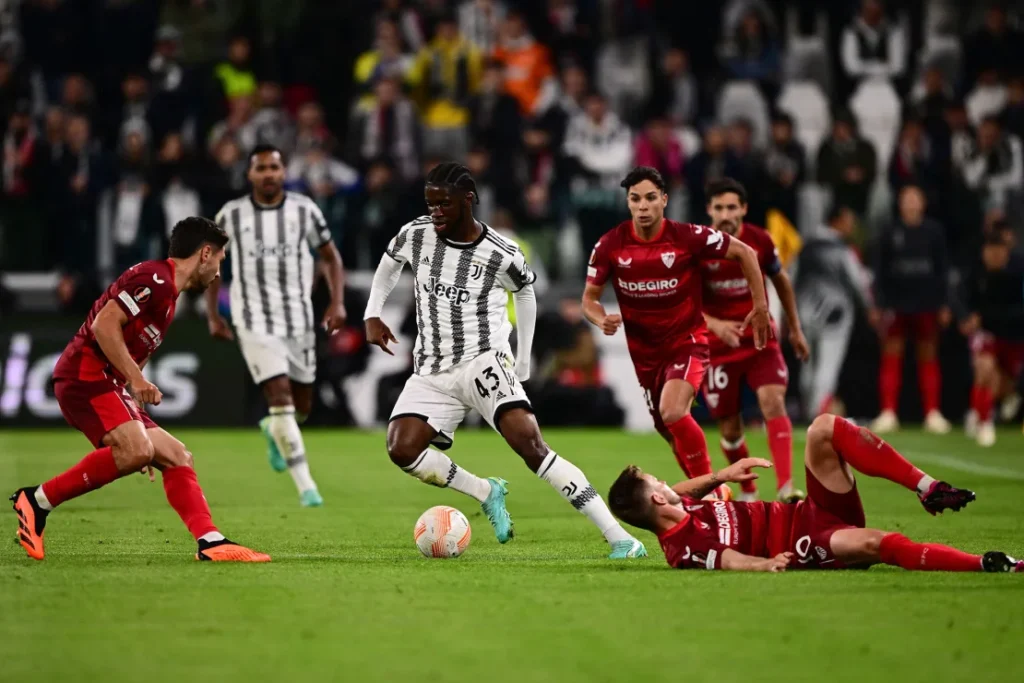
The Human Aspect Behind the Glamour of Soccer
Weah emphasizes the need to view soccer players as individuals with their unique struggles and lives. He points out that the perceived glamorous lifestyle of players does not equate to happiness. The focus on material wealth often overlooks the personal and emotional aspects of their lives.
The Future of Mental Health in Soccer
Weah predicts an increase in soccer players openly discussing their mental health struggles. He stresses that understanding and acknowledging the personal lives and needs of players is crucial in addressing mental health in the sport.
Conclusion: A New Era of Awareness and Support in Football
The discussions led by Weah and Iling-Junior mark a significant step towards addressing mental health issues in soccer. By sharing their experiences and advocating for open communication, they are paving the way for a more supportive and understanding environment in the sport. As the conversation around mental health continues to evolve, it is hoped that more players will feel comfortable seeking help and expressing their vulnerabilities, transforming the competitive nature of soccer into a more empathetic and supportive community.


